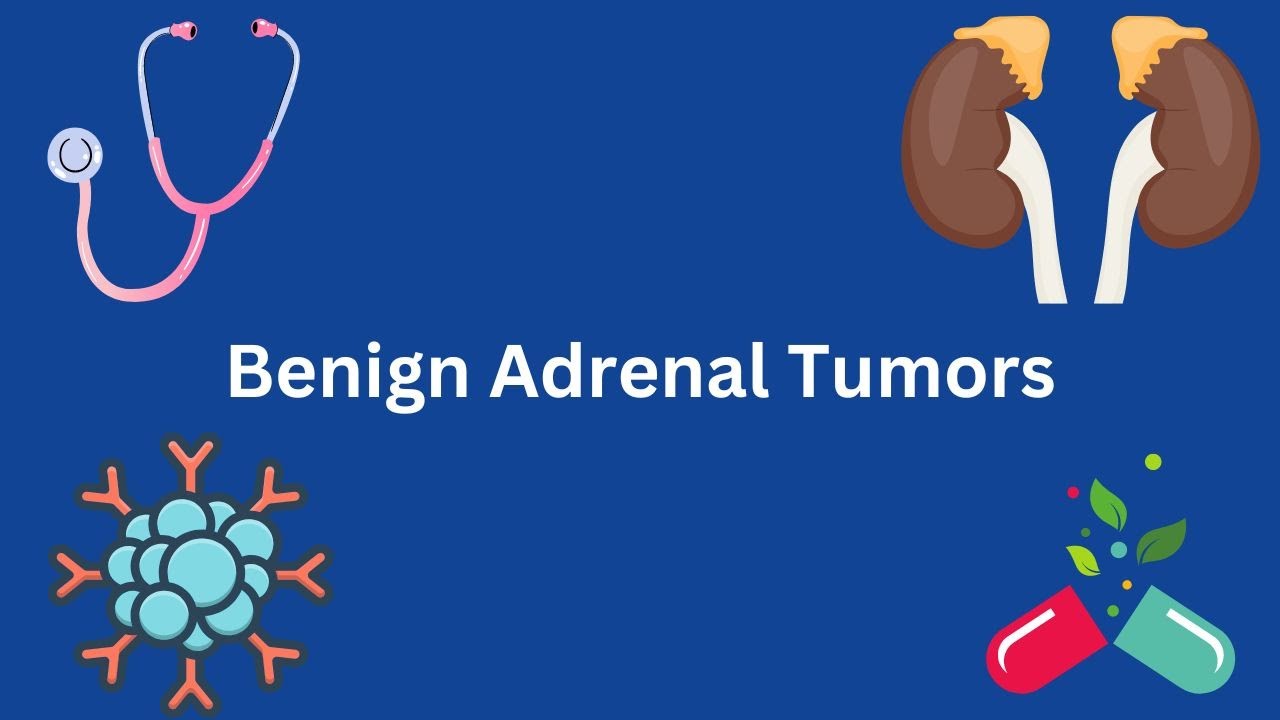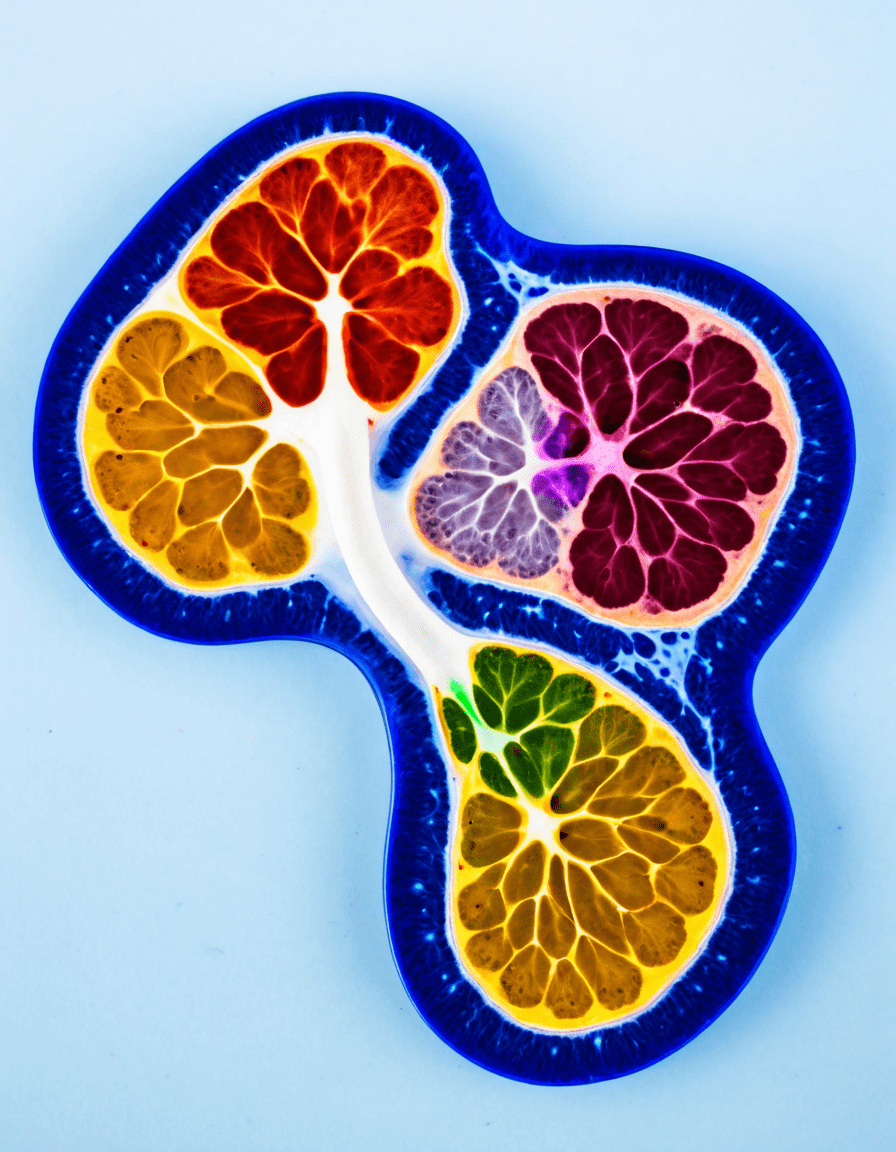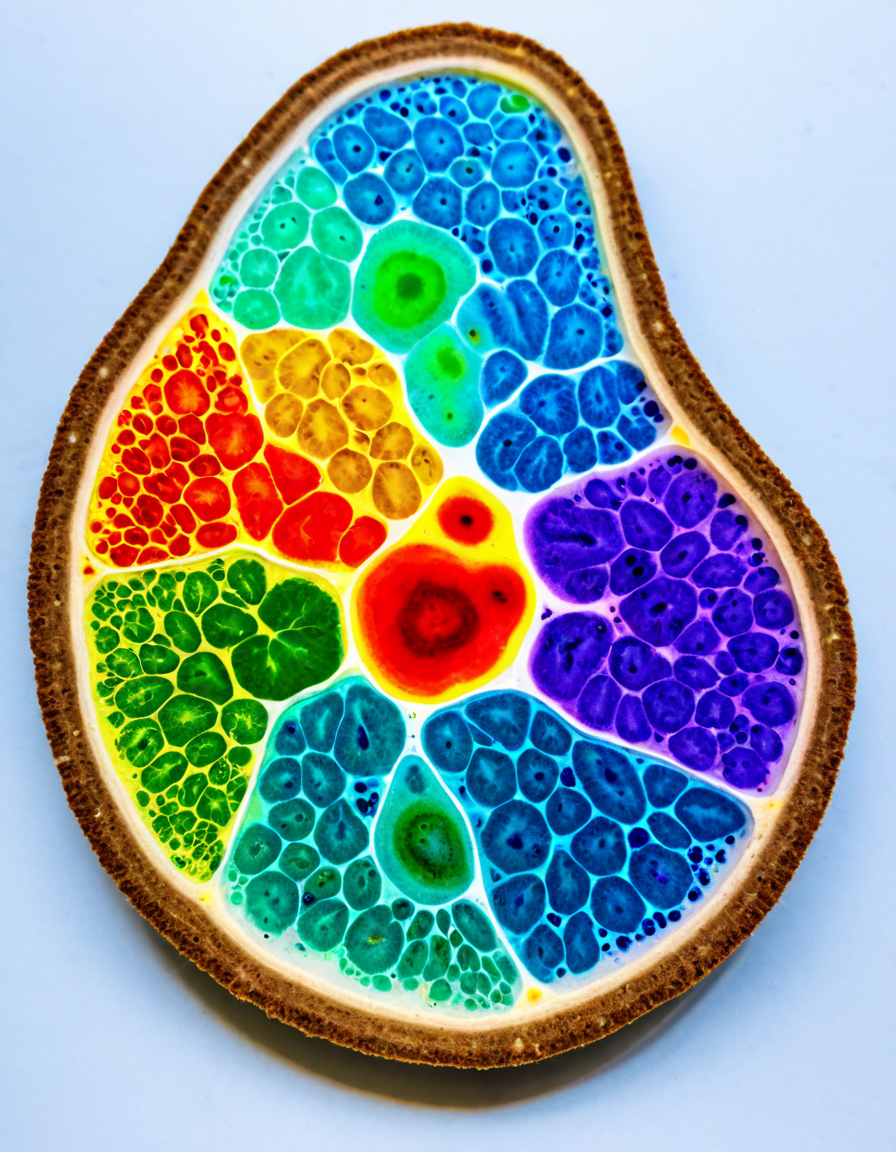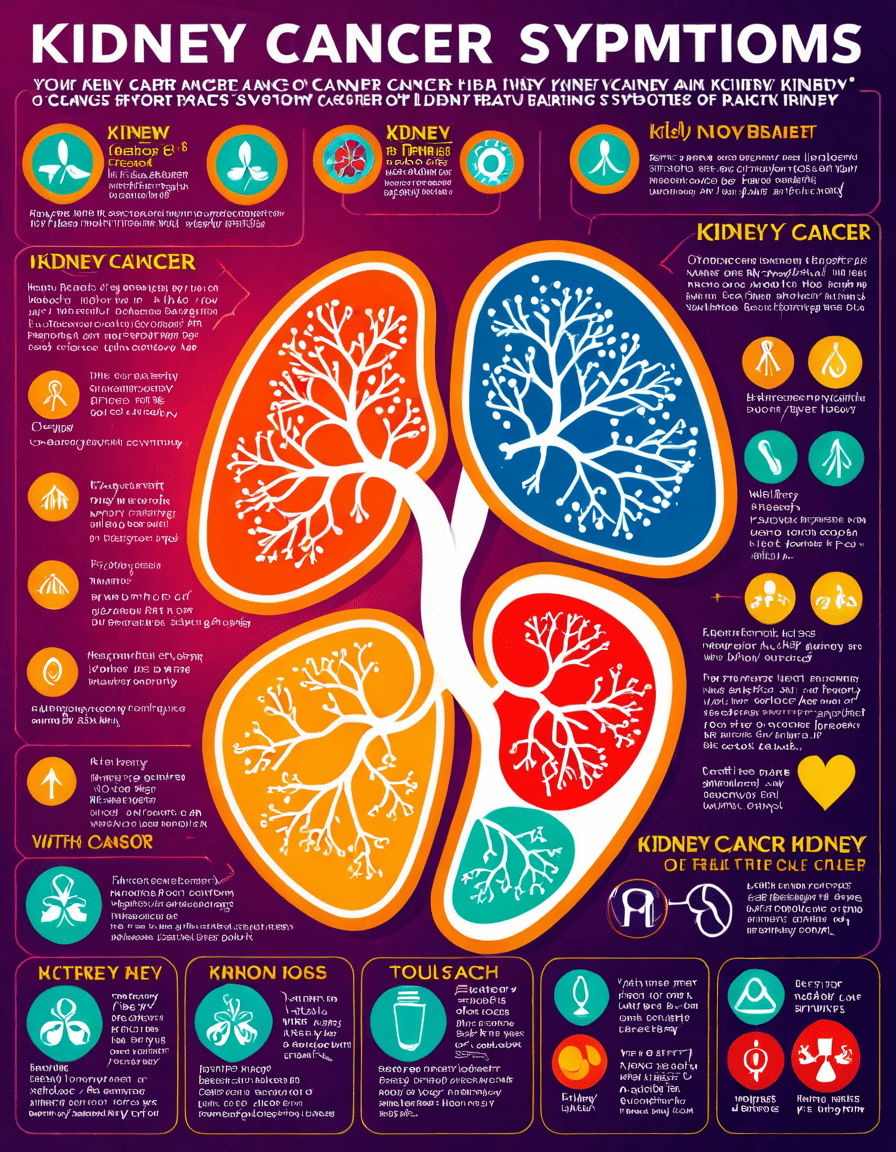When it comes to our health, we often focus on the muscles and endurance we build in the gym. But what about the little things happening inside our body that can affect our overall well-being? One such thing that deserves your attention is adrenal adenoma. This benign tumor, found on the adrenal glands, plays a significant role in hormone production. Your adrenal glands are like tiny power plants located above your kidneys; they pump out essential hormones that affect everything from energy levels to muscle growth. That’s why understanding adrenal adenoma is vital—not just for fitness enthusiasts but for anyone interested in maintaining a healthy, shredded physique.
Adrenal adenoma isn’t just a fancy term thrown around in medical journals; it can have real effects on your life and goals. Hormonal balance is crucial, especially when you’re working hard to build muscle or drop body fat. If these tumors alter your hormone levels, you might notice changes in your energy, reach your goals less efficiently, or even face some not-so-fun side effects. Being informed is your best tool, making it easier to tackle any roadblocks standing between you and those ripped abs you’ve been dreaming of.

1. What is Adrenal Adenoma?
So, what exactly is this adrenal adenoma? In simple terms, it’s a benign tumor on the adrenal glands. These glands are responsible for producing hormones like cortisol and adrenaline, which regulate metabolism, immune responses, and stress effects. While most adrenal adenomas are non-cancerous, they can still mess with your hormonal balance, leading to various health concerns.
1.1 Types of Adrenal Adenomas
Adrenal adenomas can be broken down into three essential categories, each with distinct impacts:

2. The Interconnected Health Conditions: Impacts of Adrenal Adenoma
Adrenal adenomas don’t act in isolation; they can trigger issues across various bodily systems. These tumors may contribute to hormonal imbalances that lead to symptoms you might think are unrelated.
2.1 Hormonal Imbalances and Vaginal Atrophy
For women, functioning adrenal adenomas often lead to hormonal fluctuations, especially during menopause. These changes can cause vaginal atrophy, resulting in discomfort and affecting quality of life. Research shows that addressing these imbalances is crucial for overall well-being. If you or someone you know is struggling with hormonal shifts, recognizing the link between adrenal adenomas and vaginal health is essential.
2.2 Voice Changes and Laryngectomy
While this is rarer, significant hormonal production from adrenal adenomas could affect voice quality. Some individuals experience voice changes that may require procedures like laryngectomy—although this is uncommon. Understanding the symptoms, such as hoarseness or throat discomfort, is vital. Many effective laryngitis treatments involve lifestyle changes, vocal rest, and hydration to keep everything in check.
2.2.1 Laryngitis Symptoms and Treatments
If you get hit with laryngitis symptoms, you’re not alone. Many people find themselves dealing with hoarseness, sore throat, and even loss of voice. If you suspect your adrenal adenoma might be playing a role, targeted treatments like anti-inflammatory medications, along with rest, can go a long way.
2.3 Increased Risk of Rectal Prolapse
You wouldn’t think a benign tumor could connect to rectal issues, but it’s true! Chronic straining exacerbated by hormonal irregularities from adrenal adenomas can elevate the risk of rectal prolapse. This condition underscores how interconnected our bodily systems are and highlights the importance of monitoring adrenal health.

3. Diagnosing Adrenal Adenoma: Tests and Procedures
If you’re having symptoms or suspect an adrenal adenoma, finding a professional diagnosis is your next step. Several key procedures can accurately identify adrenal adenomas:

4. Treatment Options Available
Once diagnosed, your treatment approach may vary based on the type of adrenal adenoma and its impact on your life. Here’s a breakdown of common methods:
4.1 Surgical Removal
If hormonal production is significant, surgical intervention may be necessary. The exciting news? Advancements in minimally invasive laparoscopic adrenalectomy as of 2021 allow for quicker recovery times and reduced risks. It’s all about getting you back in the gym as fast as possible!
4.2 Medication Management
Not everyone wants surgery, and that’s okay. For non-functioning adenomas or those looking to avoid the operating room, medication can help manage symptoms by suppressing hormone production. This pharmaceutical approach keeps you on track toward your health goals without going under the knife.

5. Living with Adrenal Adenoma: Lifestyle Modifications
If you’ve been diagnosed with adrenal adenoma, consider some lifestyle tweaks to ease the ride:
6. Future Research: The Evolving Landscape of Adrenal Adenoma
The field of endocrinology is on the move. Ongoing research is digging into the genetic predispositions linked to adrenal adenomas. New studies are opening doors to innovative therapies targeting hormonal pathways damaged by these tumors, which means more effective strategies for management down the road.
As information about the interconnections between adrenal adenomas and conditions like vaginal atrophy, laryngitis, and even rectal prolapse continues to grow, patients can look forward to more personalized treatment approaches. Keep your eyes peeled for emerging therapies that will empower you to take charge of your health. Recognizing the symptoms and the potential complications is key for early intervention. So, gather that knowledge, talk to your healthcare provider, and stay proactive—it all contributes to a better quality of life.
Adrenal adenoma may be rare, but being informed and motivated about your health is a must. You wouldn’t settle for anything less than your best workout, right? So embrace that same attitude toward understanding adrenal health! With awareness and action, you can continue crushing your fitness goals and look fantastic while doing it. Now get out there and show the world what you’ve got!
Adrenal Adenoma: Fun Trivia and Intriguing Facts You Should Know
The Basics of Adrenal Adenoma
Adrenal adenomas are benign tumors on the adrenal glands, which sit atop the kidneys and play a crucial role in hormone production. These little guys can affect how your body functions, but here’s the kicker: a lot of people with adrenal adenoma may not even know they have it. In fact, studies suggest that up to 5% of the population could have undiagnosed adrenal adenomas, similar to how many folks are unaware of the impact of conditions like postpartum hair loss until they experience it firsthand.
Fun fact: the adrenal glands are involved in stress responses, producing hormones like adrenaline. Speaking of adrenaline, did you know in the sporting world, teams in intense competitions analyze stats obsessively? Just like Real Madrid vs. Atalanta BC stats( give fans insights into the teams’ performances, understanding your body’s hormone levels can help reveal underlying health issues.
Symptoms and Diagnosis
When it comes to spotting adrenal adenomas, symptoms can range from weight gain to high blood pressure, and occasionally, even abnormal hair growth. These manifestations are a reminder that our bodies have their own quirks, echoing the astonishment people express when they learn about other life phenomena, like what Pansexuality really means. Some individuals may overlook the symptoms, thinking they’ve simply gained a few pounds or are just fatigued, akin to dismissing the signs of something as serious as pneumonia until it requires urgent attention.
Wonders of science don’t end there! Physicians often discover these tumors incidentally during imaging tests for other reasons. You might say these adenomas are like that hidden gem in a novel, like The Virgin And The Billionaire, where plots twist unexpectedly.
Treatment and Lifestyle Adjustments
For treatment, watchful waiting might be the tactic for smaller adenomas, but larger ones can require surgery—just as some people might feel the need to invest in a compact small gas grill for easy summer cookouts. Interestingly, lifestyle changes can also play a significant role in managing symptoms. Maintaining a balanced diet and exercising can keep those adrenal glands happy.
Finally, while adrenal adenomas aren’t something to worry about constantly, knowing about them and their potential impact is key to better health. So, whether you’re sipping tequila in Mexico or just kicking back on your couch, understanding your body’s signals is essential for a healthier life!



























